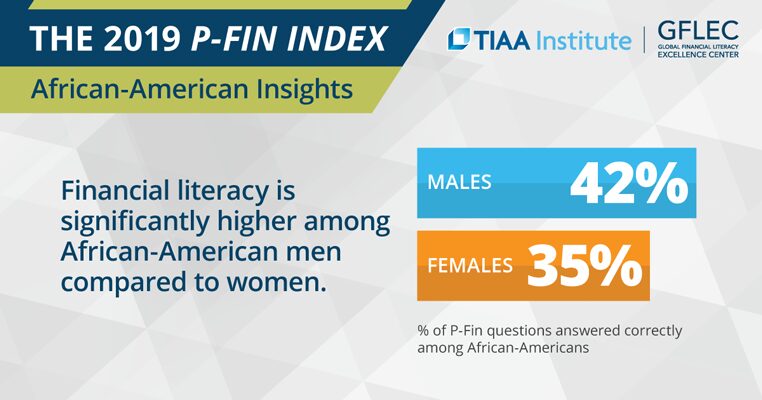
Navigating Wealth with Wisdom: Financial Literacy Insights
Financial literacy is a crucial skill that empowers individuals to make informed and effective decisions about their finances. In this article, we delve into key insights that highlight the significance of financial literacy and provide actionable tips for enhancing financial well-being.
The Foundation of Financial Literacy
Financial literacy is the foundation upon which individuals can build a secure financial future. It involves understanding various aspects of personal finance, including budgeting, saving, investing, and managing debt. A strong foundation in financial literacy equips individuals with the knowledge and skills needed to make sound financial decisions at every stage of life.
Budgeting as a Cornerstone
Budgeting is a fundamental component of financial literacy. Creating and adhering to a budget allows individuals to track income, expenses, and savings. It provides a clear picture of financial health and helps identify areas where adjustments can be made. With a well-managed budget, individuals can allocate resources efficiently and work towards their financial goals.
The Importance of Emergency Funds
Financial literacy emphasizes the importance of building emergency funds. Unforeseen circumstances, such as medical emergencies or unexpected job loss, can significantly impact finances. An emergency fund serves as a financial safety net, providing a buffer during challenging times and preventing individuals from relying on high-interest debt to cover unexpected expenses.
Understanding the Basics of Investing
Investing is a key avenue for wealth accumulation, and financial literacy sheds light on its fundamentals. Understanding concepts like risk and return, diversification, and compound interest empowers individuals to make informed investment decisions. Whether through stocks, bonds, or retirement accounts, a basic understanding of investing is crucial for long-term financial success.
Debt Management Strategies
Financial literacy involves effective debt management. Understanding the difference between good and bad debt, creating a repayment plan, and avoiding high-interest debt are essential aspects of maintaining financial health. By employing strategic debt management strategies, individuals can work towards becoming debt-free and achieving greater financial freedom.
The Role of Credit Scores
Credit scores play a significant role in financial transactions, from obtaining loans to securing favorable interest rates. Financial literacy provides insights into how credit scores are calculated and the factors that influence them. Maintaining a good credit score opens doors to better financial opportunities and terms.
Planning for Retirement
Financial literacy extends to planning for retirement. Understanding retirement savings vehicles, such as 401(k)s and IRAs, and developing a retirement savings plan are essential components of financial well-being. Early planning and consistent contributions to retirement accounts contribute to a more secure and comfortable retirement.
Insurance and Risk Management
Financial literacy includes knowledge about insurance and risk management. Understanding the different types of insurance coverage, such as health insurance, life insurance, and property insurance, helps individuals mitigate financial risks associated with unexpected events. Adequate insurance coverage is a key element of a comprehensive financial plan.
Continual Learning and Adaptability
Financial literacy is not a static skill but an ongoing process of learning and adapting to changing financial landscapes. Staying informed about financial trends, new investment opportunities, and changes in tax laws allows individuals to make timely adjustments to their financial strategies. Continual learning is a key aspect of maintaining financial resilience.
To explore more about Financial Literacy Insights, visit 800support.org. By embracing these insights and incorporating them into everyday financial decision-making, individuals can navigate their financial journeys with wisdom and build a secure and prosperous future.





